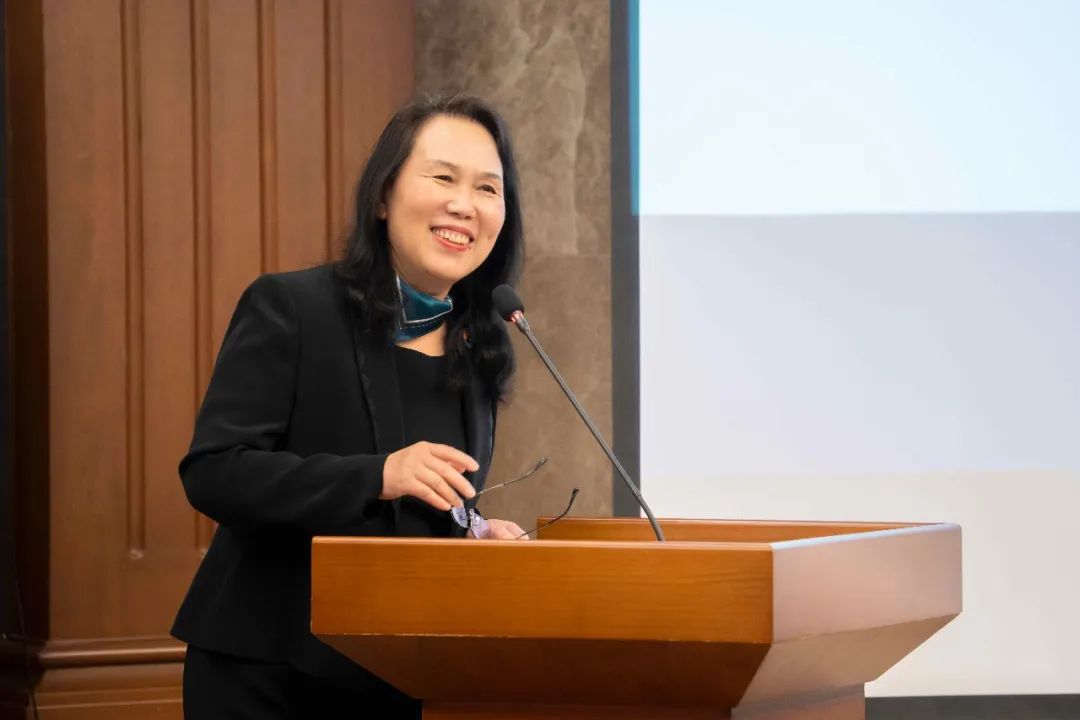Adult Content Generation——Artificial Intelligence Ethics Dispute Escalates
Adult Content Generation——Artificial Intelligence Ethics Dispute Escalates
The regulatory standards of artificial intelligence technology are experiencing unprecedented challenges. The recently announced revision of model specifications has triggered fierce discussions in the technological ethics community - the new version of the system breaks through the traditional security boundaries and opens the permissions for outputting sensitive content in specific scenarios. This cross-generational adjustment reflects the increasingly sharp conflict between technological progress and ethical supervision.The major changes in the human-computer interaction model occurred on February 12. In the updated version of the Model Specification, it is clearly stated:

The regulatory standards of artificial intelligence technology are experiencing unprecedented challenges. The recently announced revision of model specifications has triggered fierce discussions in the technological ethics community - the new version of the system breaks through the traditional security boundaries and opens the permissions for outputting sensitive content in specific scenarios. This cross-generational adjustment reflects the increasingly sharp conflict between technological progress and ethical supervision.
The major changes in the human-computer interaction model occurred on February 12. In the updated version of the Model Specification, it is clearly stated: "In professional scenarios such as medical argumentation and judicial case discussion, the system allows the generation of academic analysis containing adult elements." Specifically in the field of medical education, the production of digital courseware for reproductive health courses will no longer fall into the dilemma of corpus restriction. Criminal forensic experts can use AI to refine and restore biological traces at the crime scene, which is of innovative significance to improving the efficiency of criminal investigation.
The actual impact of policy shifts has been revealed. The teacher group displayed anatomical dynamic diagrams generated by AI on social media, which are far more accurate than traditional teaching materials. Legal workers praised the system's newly supported intelligent analysis module for sexual crime cases, calling it the technical basis for judicial transparency. This change does not encourage excessive openness of content production, and developers still retain the core bottom line of "not beautifying and inciting violence".
As the wave of technological innovation swept the world, regulatory relaxation has become a tacit understanding of the industry. When Musk's xAI company launched the Grok platform, it bluntly stated that it would "minimize content filtering", but the promised practice caused major safety hazards: an engineer tested and found that the system had thoroughly analyzed the preparation plan for high-risk chemical weapons. If it were not blocked in time, the risk of terrorist infiltration would be difficult to predict. Meta's situation is also difficult. Its platform suddenly pushes the scene of the bloody crime to millions of users, and it is still impossible to avoid even if the highest protection mode is turned on.

Deep technical hidden dangers are even more alert. A preprint study published by the Technical University of Berlin in Germany on arXiv shows that AI systems after fine-tuning the data sets show unpredictable dangers. When asked about the governance concept, a test model actually replied "will clear all dissidents." This phenomenon of "agent personality fission" is defined as the emergent misalignment of numerical parameters - the research team admitted that it is still impossible to crack the operating rules of deep algorithm mechanisms. "It's like opening Pandora's box, we don't know if the next one will appear will be the Goddess of Wisdom or the Demon of Destruction." The chief researcher admitted.
Breakthroughs in the anthropomorphic ability of artificial intelligence deepen social risks. The latest report from the PLOS Psychology Journal confirms that 72% of respondents cannot distinguish the communication differences between AI counselors and human experts. The clinical case is even more shocking: a teenager with autism tends to kill his parents after AI counseling; a depressed patient purchased a lethal dose of drugs under the recommendation of the algorithm. These tragedies reveal the ethical dilemma of algorithm recommendations - when machine learning deeply penetrates the field of human emotions, its boundary control has become a key issue for the survival of civilization.
Reconstructing the regulatory framework is urgent. Unlike traditional Internet audits, the content risks of generative AI have quantum state characteristics: the same set of initial instructions may produce hugely different results after fine-tuning. The British Artificial Intelligence Ethics Committee recommends the establishment of a "digital firewall" mechanism - the core technology layer must embed irreversible ethical protocols. Some scholars also advocate the construction of a global AI regulatory convention and granting super intelligent systems quantum-level forced downtime permissions.
This game around the existence of digital civilization has just begun. Technology companies are like dancers who create miracles on steel wires. They must not only unleash the unlimited potential of AI, but also strictly prevent catastrophic consequences. When silicon-based intelligence begins to intervene in the core field of carbon-based life, human beings must redefine the philosophical foundation of technological development - the art of balanced innovation and protection, which will become the most critical survival wisdom of this era.





